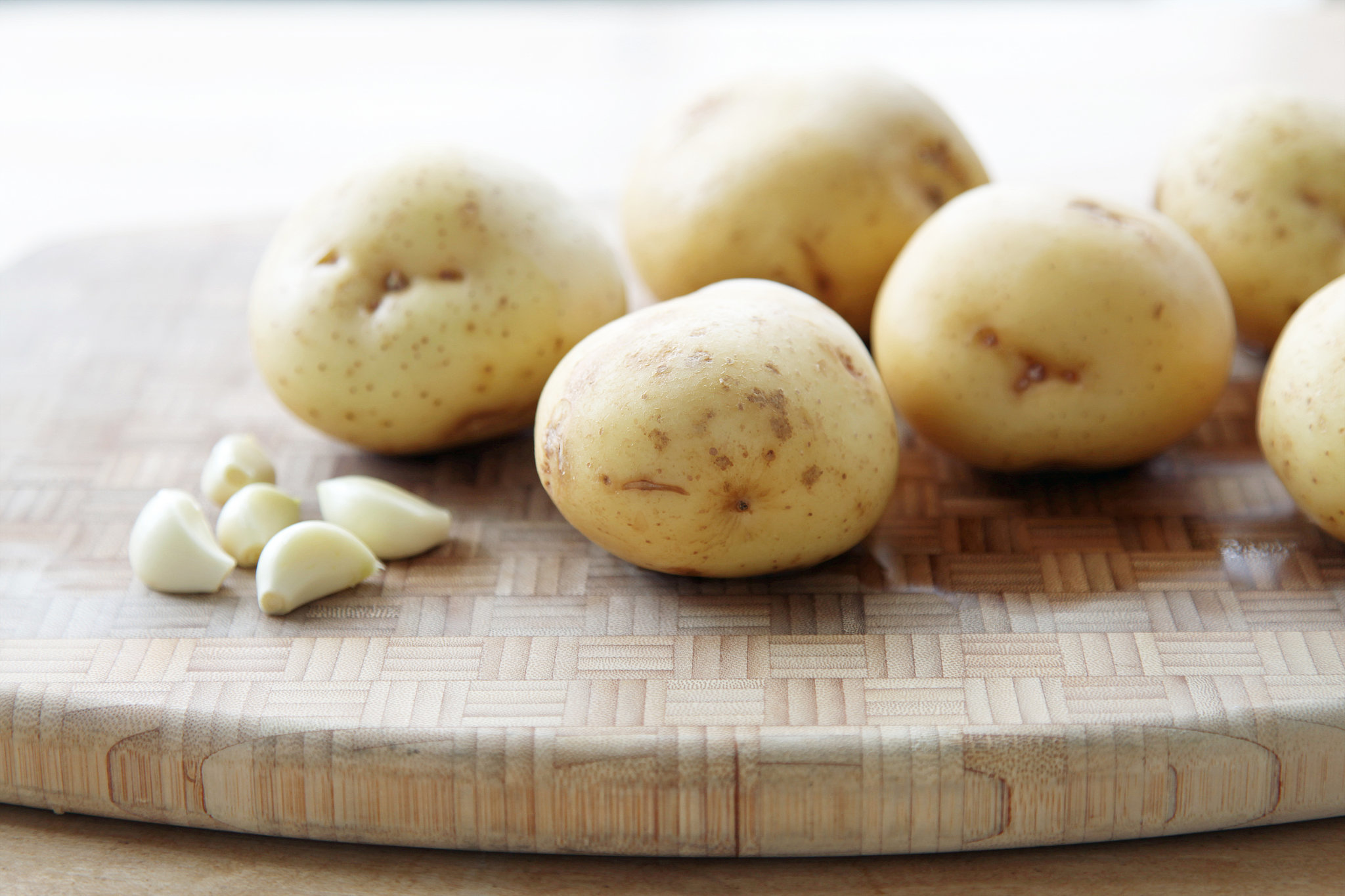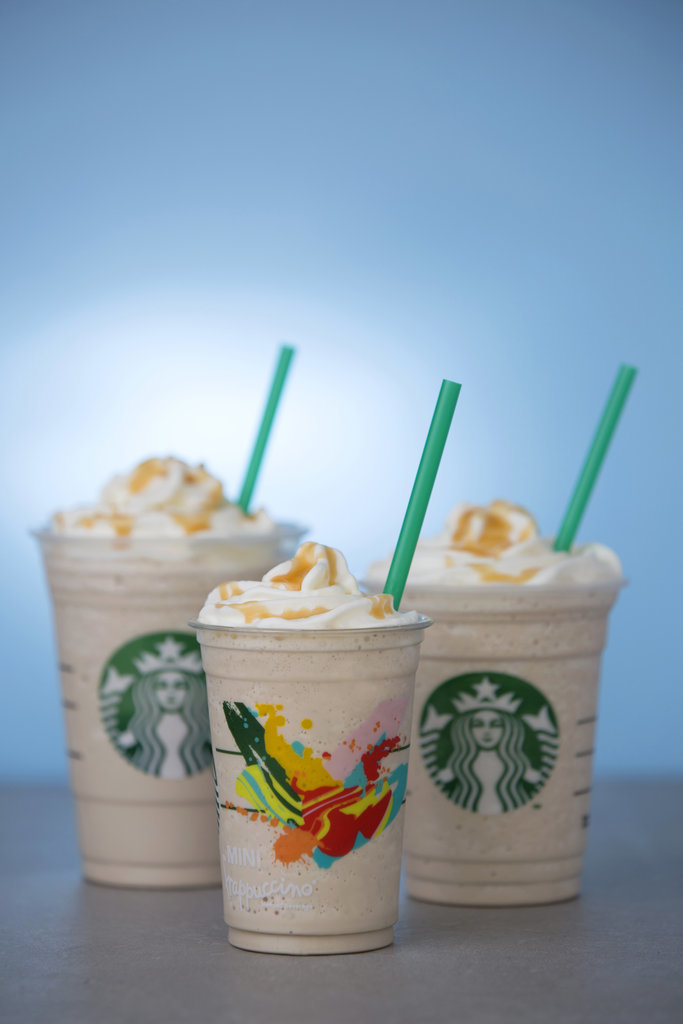With a drink designed from agave and probiotic microorganisms, specialists from the Popular Autonomous University of Puebla (UPAEP) in Mexico succeeded in reducing blood sugar levels in students who were given a glucose solution. “We tested a sample group of 10 students who were administered a glucose solution and then 250 milliliters of the beverage, their blood glucose levels were measured after and the results showed that they dropped significantly ,” said Beatriz Perez Armendariz, principal of the School of Biotechnoenviromental at UPAEP. The technology with which the beverage was designed consists of a pasteurizing heat treatment in which the…
With a drink designed from agave and probiotic microorganisms, specialists from the Popular Autonomous University of Puebla (UPAEP) in Mexico succeeded in reducing blood sugar levels in students who were given a glucose solution.
“We tested a sample group of 10 students who were administered a glucose solution and then 250 milliliters of the beverage, their blood glucose levels were measured after and the results showed that they dropped significantly ,” said Beatriz Perez Armendariz, principal of the School of Biotechnoenviromental at UPAEP.
The technology with which the beverage was designed consists of a pasteurizing heat treatment in which the microflora existing in mead is remove, thus preventing the liquid to ferment. “We try to prevent the fructans from changing, because they have the ability to be a fiber and a sugar trap”.
Mead contains sugars, called fructans or non-soluble fibers with a hypoglycemic effect that controls sugar levels, the problem is that the product is fermented rapidly and can become pulque (a type of typical artisan spirit), hence the importance of creating a method that can keep the product fresh for a long period, said the PhD in biotechnology Beatriz Peres, who leads the project.
The beverage is nondairy and doesn’t contain alcohol, therefore is recommended in the diet of people with diabetes and those who are lactose intolerant.
Also, an assessment of the microorganisms present in the mead was performed and some bacteria were selected such as Lactobacillus leichmannii, which was isolated and integrated into the pasteurized agave juice, which reaches a shelf life of 20 days, optimum time for marketing.
In addition, tests were made to see the effectiveness of the product for different conditions such as gastritis and irritable bowel syndrome and the team seeks to create an agreement with local hospitals to perform studies in patients with overweight and obesity.
Perez Armendariz said that dairy products should contain at least one million lactic acid bacteria per milliliter to obtain a health benefit. “In this drink we got up to 900 million.”
But they have to be careful with the number of microorganisms that are present in the drink, because the metabolites generated by fermentations can give a mild unpleasant flavor, hence the need for taste tests to provide the most palatable formulation.
The project is part of Innovation Match, an international forum of Mexican Talent that will be held in Guadalajara Jalisco from the 6th to the 8th of April, which seeks to link researchers and entrepreneurs to create products with added value.
A multidisciplinary group of doctors are involved in the research; Beatriz Perez Armendariz, specialist in biotechnology; Judith Cavazos in marketing; Genoveva in sustainability and Elie Girgis Elkassis molecular biologist from Lebanon.
Source: University researchers create agave drink with probiotics to regulate sugar levels : Whole Health Source





